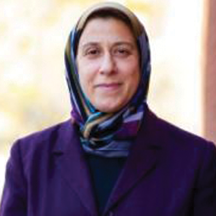Remote work and women’s employment in MENA: opportunity or pitfall?
Many women in the Middle East and North Africa are not in the paid labour force despite being highly educated. Good internet access and the global shift to telework as a result of the pandemic would seem to offer them opportunities for work and greater gender equality. But as this column warns, while online employment lowers barriers to getting women into paid work, it may fail to alter the unequal gender relations that underpin women’s reluctance to enter the paid labour force.


